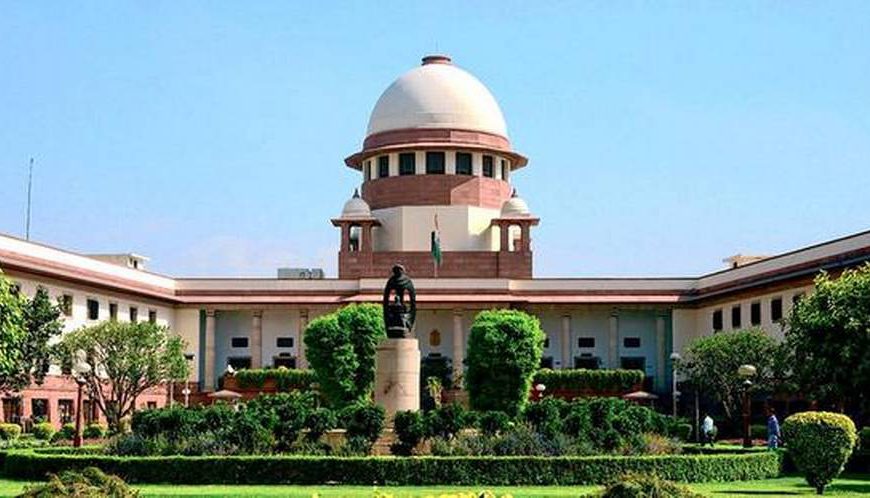The Supreme Court recently sought data on the beneficiaries of Section 6A of the Citizenship Act in Assam, saying there was no material before it which could indicate that the effect of granting Indian citizenship to Bangladeshi immigrants between 1966 and 1971 was so great that it impacted the demographic and cultural identity of the border state.
While acknowledging the problem of cross-border infiltration in Assam, a five-judge Constitution bench headed by Chief Justice D Y Chandrachud referred to the humanitarian aspect of the 1971 Indo-Pakistan war for the liberation of Bangladesh which also led to the influx of immigrants.
The bench, also comprising Justices Surya Kant, M M Sundresh, J B Pardiwala and Manoj Misra, commenced hearing 17 petitions to examine the constitutional validity of Section 6A of the Citizenship Act relating to illegal immigrants in Assam.
Section 6A was inserted in the Citizenship Act as a special provision to deal with the citizenship of people covered under the Assam Accord.
It says those who came to Assam on or after January 1, 1966, but before March 25, 1971, from specified territories, including Bangladesh, in accordance with the Citizenship Act amended in 1985, and since then are residents of the northeastern state, must register themselves under Section 18 for acquiring Indian citizenship.
As a result, the provision fixes March 25, 1971, as the cut-off date for granting citizenship to Bangladeshi migrants in Assam.
”But to test your argument there is no material before us to indicate that the impact of granting certain benefits to citizens who came in between 1966-71 was so grave that the demographic and cultural identity of the state was affected by those five years,” the bench told senior advocate Shyam Divan who said the socio-cultural, economic and other rights of the indigenous people are getting affected due to the influx and the special provision.

